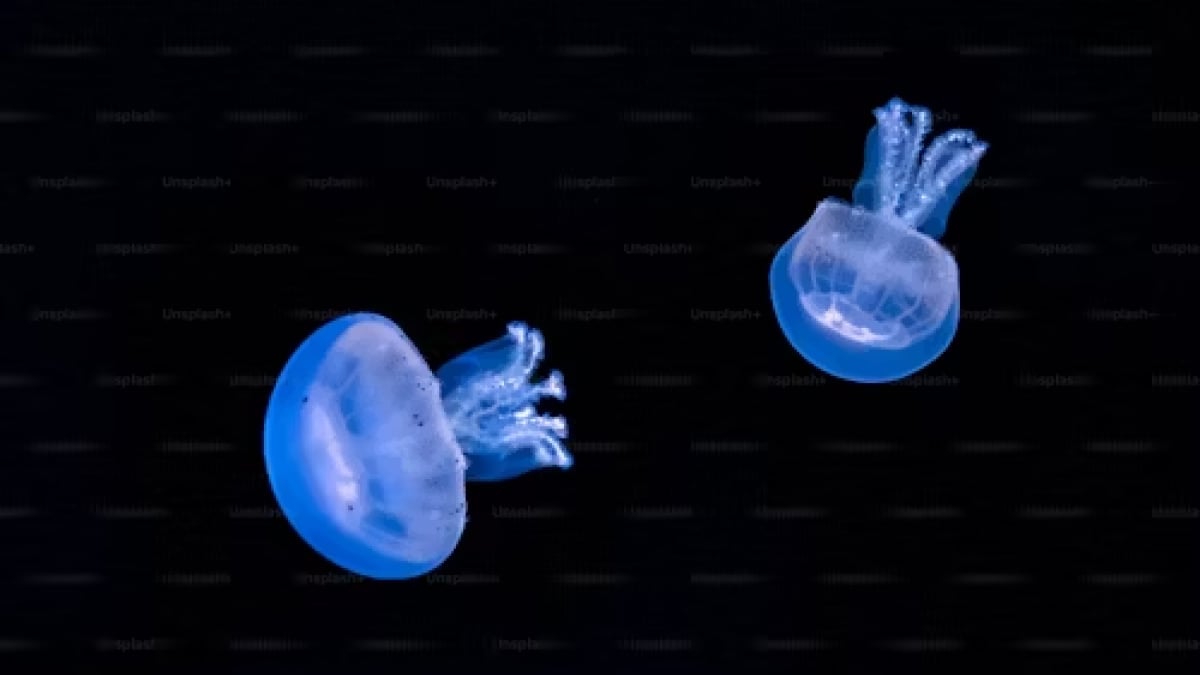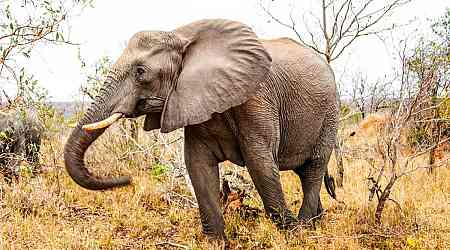Researchers at the University of Bergen have discovered a rare survival technique in Mnemiopsis leidyi, a type of comb jelly. These animals can reverse their growth process, returning from an adult to a juvenile state when they experience environmental stress. This discovery suggests that some creatures may possess greater adaptability in their life cycles than previously assumed, opening up fresh possibilities for research in developmental biology.
A Surprising Transformation Discovered by Scientists
The research, led by Dr. Joan J. Soto-Angel, began as an accidental observation. The study mentions that during routine lab monitoring, he noticed an adult comb jelly undergoing a transformation back to a larval form. Intrigued, he and Dr. Pawel Burkhardt from the Michael Sars Centre decided to investigate further, finding that these organisms would undergo this reversal under specific stress conditions, like food shortages or injury. The jellyfish adjusted its structure and behaviour to match its younger, larval form over the weeks.
Implications for Regenerative Biology and Beyond
The research highlights that the comb jellies' ability to reverse ageing sheds light on biological processes that could have broad implications. The findings suggest that this life cycle flexibility might extend beyond comb jellies, sparking questions about other species' abilities to reset their development. Since ctenophores, like Mnemiopsis leidyi, belong to an ancient lineage, it's possible this survival mechanism is a deeply rooted trait from early evolutionary history.
A Strategy of Survival and Resilience
The team's work, reported by Earth.com, raises many questions. Could other species also hold untapped abilities for regeneration or life cycle reversal? The process observed in Mnemiopsis appears to be a survival strategy, allowing the comb jelly to conserve resources by returning to a simpler form in harsh conditions.
































